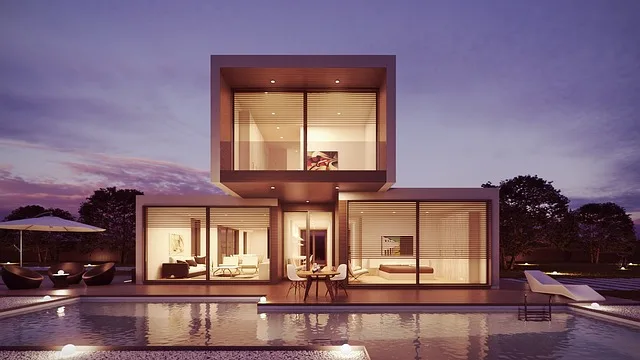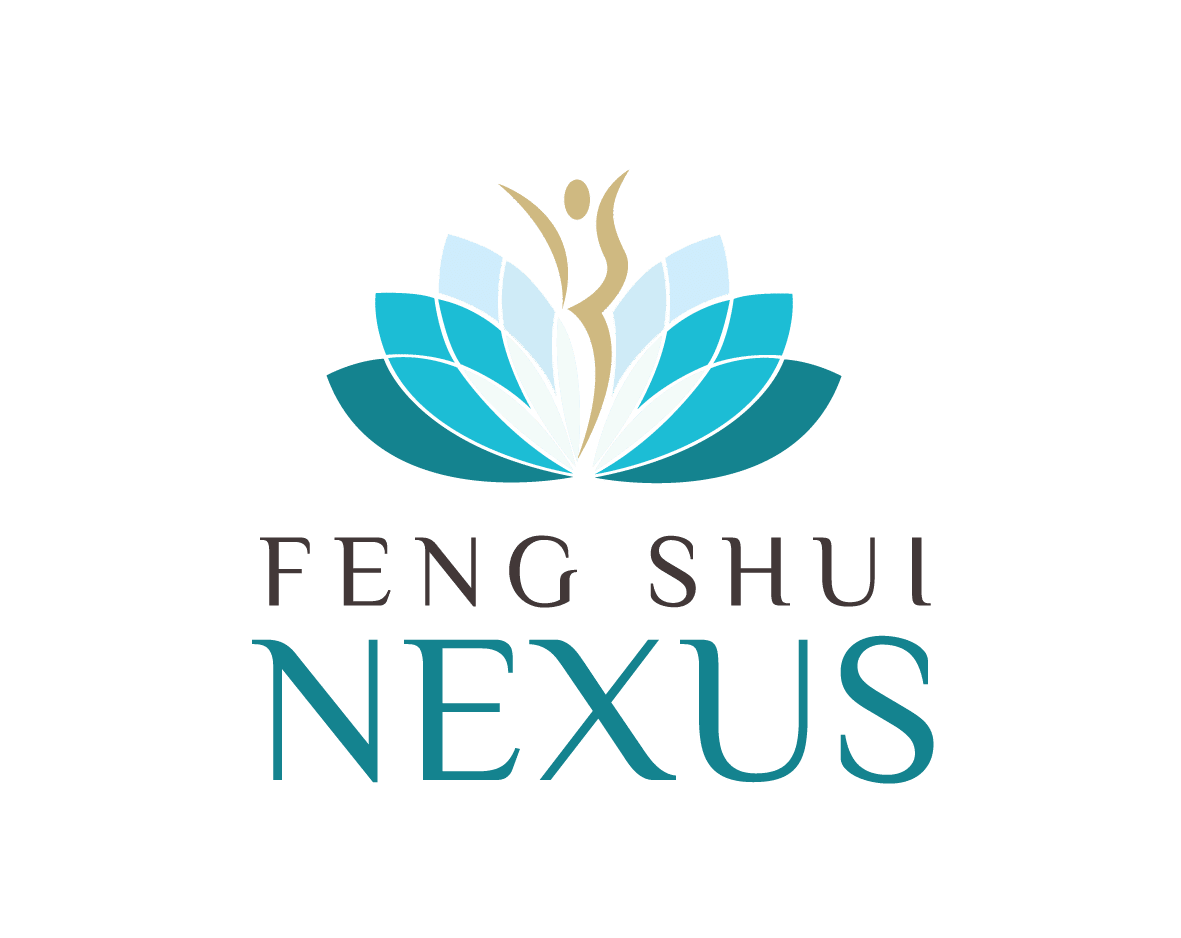Even though feng shui and sustainable living feature different ideas and practices, the principles behind them are rooted in a profound respect for the environment.
On one side, feng shui, rooted in ancient Chinese philosophy, emphasizes harmony with one’s surrounding environment. It encourages a thoughtful arrangement of space to enhance the flow of chi or energy.
On the other side, modern sustainable living advocates for reducing our ecological footprint and nurturing our surroundings.
So, if you care about your home’s harmony and the environment, you can mix and match the principles behind these two ideologies and create the perfect atmosphere for you and your family to thrive in.
The Intersection Between Feng Shui and Sustainable Living
Even though they are millennials apart, feng shui and sustainable living share a wide range of elements, as described below:
Natural Light as a Key Element
Feng shui values the abundance of daylight to create energy balance within a space. On the other hand, sustainable living recognizes natural light as an asset that reduces reliance on artificial lighting.
So, find more ways to open your house to natural light, even if this means tearing down a wall or adding a skylight. However, keep in mind that remodeling or landscaping projects can impact your home’s feng shui, so try to find the right time of the year to ensure full success.
Natural Material
When we talk about materials in feng shui, there’s a preference for natural elements like wood or stone that contribute to a serene and grounded atmosphere. In sustainability terms, these materials are often celebrated for their durability and minimal environmental impact when responsibly sourced.
A great way to invite good energy into your house is to refresh the face of your house with siding made from sustainable materials. For this, look for siding contractors in New Jersey who care about the type of materials they use and feature sustainable work practices.
Clutter-Free Space & Plants
Clutter-free spaces are synonymous with clear minds in feng shui philosophy as well as with minimalistic lifestyles seen in sustainable practices. Nowadays, minimalist living is encouraged as the right path toward less consumption and waste.
Incorporating plants in your space is another shared theme. From a sustainability standpoint, plants offer you good air quality, while in the feng shui lore, plants represent growth and vitality.
Certainly! By marrying the principles of feng shui with sustainable living, one can create a space that not only feels more harmonious but also is environmentally conscious. Let’s explore four straightforward strategies to make this combination work effortlessly in your home.
How to Live Sustainably in Harmony
We prepared some easy-to-implement steps that will help you bring harmony to your home while also respecting the environment.
Eco-Friendly Lighting Choices
Feng shui highlights the importance of well-lit and airy spaces filled with natural light, which aligns wonderfully with eco-friendly principles. However, not everyone is ready to tear down a wall to bring more daylight into the living room.
The alternative would be to add more light sources into a room that’s usually dark. It’s also best to swap out any less efficient bulbs with LED lights, which use a fraction of the energy and last much longer than conventional bulbs. Plus, LED light bulbs distribute light in a way that supports the energy flow in a room.
Sustainable Materials and Decluttering
The principle of decluttering is crucial in feng shui as it’s thought to help energy flow freely and create mental clarity. You can tackle this from an eco-conscious perspective by opting for storage solutions made from sustainable materials like bamboo or repurposed wood.
Indoor Plants for Positive Chi and Clean Air
Spruce up your space with houseplants that can enhance both the chi in your home and improve air quality by filtering out toxins. Some plants, such as peace lilies or snake plants, are known to be superb at purifying air as well as being auspicious within feng shui practice.
Water Conservation Measures
To keep the water energy in your home balanced and avoid unnecessary waste, consider implementing low-flow toilets, faucets, and showerheads. This simple switch can dramatically reduce your water usage without sacrificing performance.
Collecting rainwater for plants or using it to wash your car is another way to ensure that you’re aligning with both sustainability goals and maintaining the flow of chi associated with prosperity.
Key Takeaways
Feng shui and sustainable living will help you bring positivity and create harmony in your home. The good news is that it doesn’t take much to change the flow of energy. With only a few small steps, you can implement a more sustainable way of living that’s considerate and mindful.

